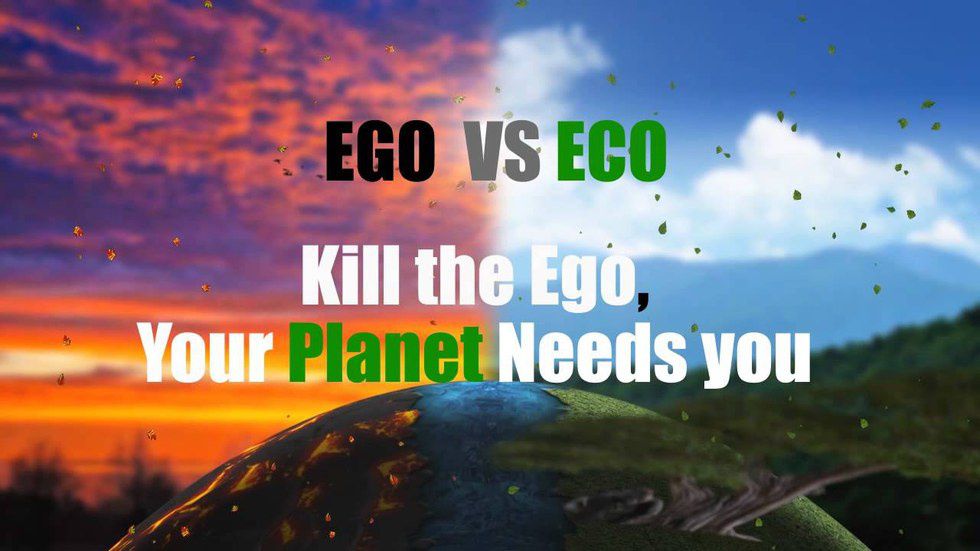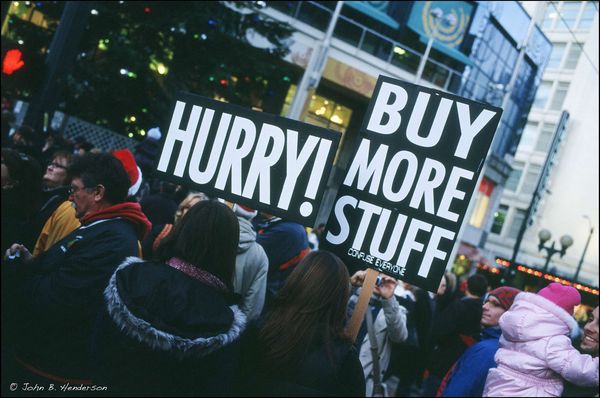Hunter-gatherer: a human living in a society in which most or all food is obtained by collecting wild plants and pursuing wild animals, in contrast to agricultural societies, which rely mainly on domesticated species.
Before studying the effects of an agriculturally dependent society, the possibility of the human race returning to the days of hunting and gathering had never crossed my mind. I’ve always been a bit of a tree-hugger; I honor the environment and the many joys in which a nature-based lifestyle guarantees. In unison, after taking notes on "The Worst Mistake In The History Of The Human Race" by Jared Diamond, my views on an eco-friendly world only increased. I see hunting and gathering as a type of symbolic band-aid that could mend the mistake of the present mindless slaughter of animals for an eagerly wasteful society. Taking away food production would allow civilians the chance to see the brutality in caging and raising livestock, for captors mercilessly kill, in the end, the very creatures they watched grow up. I believe every organism deserves the chance to live, to flee, to survive. Therefore, holding animals since birth in a fence or cage, fattening them up, and slaughtering them when they reach a certain level of maturity is in no way humane. To unleash the idea of hunting and gathering on the world today would be to give these very creatures a chance. They would have a swift death, a necessary death, a humane death. They would have the ability to fight for life, not await death with no fighting chance. People in this society would learn to appreciate the life they have, they would learn respect for the environment and the bounties it willingly offers. This generation needs to learn to only take as much as it needs, for wasting is a strong moral catastrophe. As taught through the Native Americans’ honorable lifestyle of hunting other lives only for survival, it is seen that thanking these creatures is entirely necessary. Gratefulness to God must be shown for providing these sources, but thanks must also be given to nature as humans gather its sweet diet. If these morals and beliefs were carried out in this generation today, society would be more appreciative and wholesome. Therefore, I agree with anthropologist Jared Diamond wholeheartedly: agriculture was one of the worst mistakes humans have made in their entire history of existence. With food production came “the gross social and sexual inequality, the disease and despotism, that curse our existence.” Malnutrition, starvation, epidemic diseases, and deep class divisions are all examples of the overwhelmingly devastating effects of agriculture. I do understand that with farming came abundant and varied foods, better tools and material goods, safety from predators, and energy from oil and machines, but in the end, none of that truly matters when viewing what God has already steadfastly provided the human race. Society today needs to be more aware of what ethics the adults are leaving behind for their children, and the next generation, and the next. Agriculture is based on the principle of getting more food from doing less work. Coincidentally, just look at the effect that practice has had on today’s lifestyle, today’s sense of morality. This world would be strengthened greatly just by simply pursuing a hunting and gathering based society. Humans in this age need to learn respect and what it means to be a part of something far greater than simply themselves. This generation must grasp that we are all only part of the universe, no greater than the land and its creatures.






















